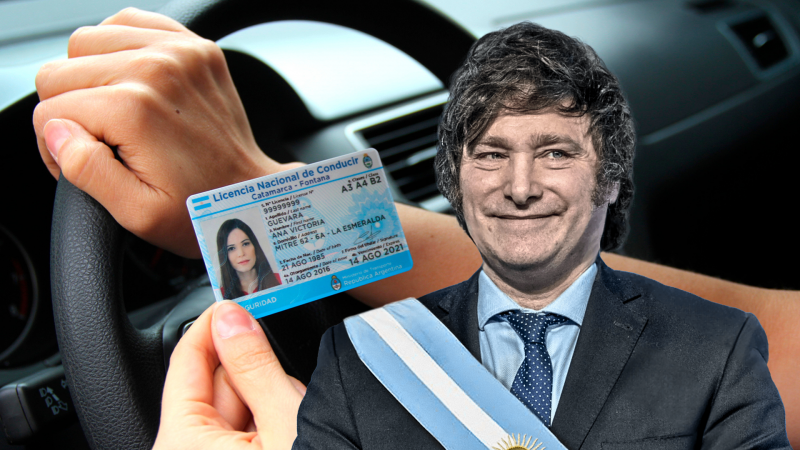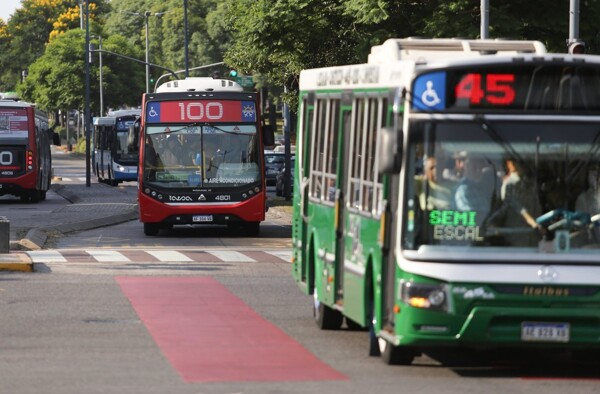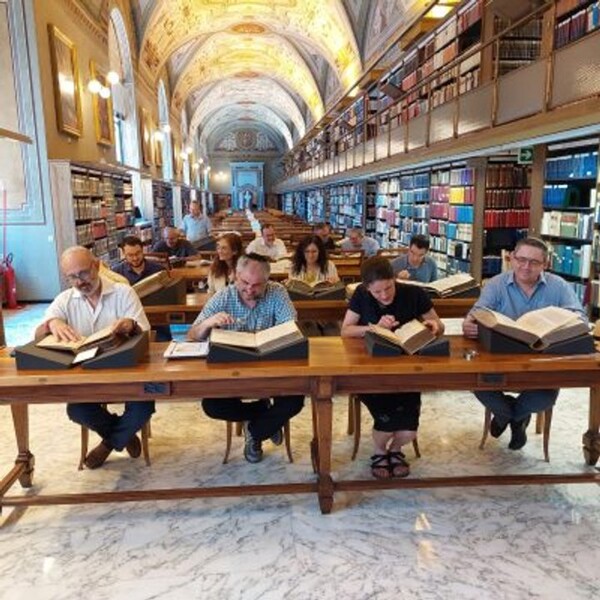
The government of Javier Milei carried out significant modifications to the National Traffic Law 24.499 with the purpose of simplifying and modernizing the processes related to driver's licenses. These reforms, which have been formalized through Decree 196/2025 published in the Official Bulletin, include a new additional procedure that drivers must complete to apply for or renew their license.
One of the most notable changes is that driver's licenses, starting from this reform, will not have an expiration date. However, it is established that in case of committing serious offenses, the driver's license will be suspended. Additionally, both theoretical-practical courses and psychophysical aptitude exams can now be carried out in a decentralized manner by public and private entities, under standards defined by the National Road Safety Agency.
Another important modification benefits drivers of passenger and freight transport vehicles, who will be able to drive across different jurisdictions with type C, D and/or E licenses. Any medical center with the proper equipment will be authorized to conduct the necessary medical checks.
Regarding the application and renewal cost of the driver's license in the City of Buenos Aires, differentiated fees are established according to the case. For example, the cost for the first application is $26,340.00, while the renewal remains the same amount. Furthermore, it is stated that the frequency of renewal varies according to the driver's age: between 21 and 65 years every five years, between 65 and 70 every three years, and over 70 years annually.
The new regulation also establishes that drivers who have committed serious offenses, in addition to passing the psychophysical exam, must pass a theoretical-practical test to validate their knowledge. Beginner drivers will have to maintain the use of the identification sign for six months.
On the other hand, holders will only be required to renew the psychophysical exam to ensure that they are in suitable conditions to drive. This medical certificate must be issued by a professional registered with the National Road Safety Agency. Likewise, municipalities authorized by the ANSV will be able to issue professional licenses without the need to process the National License for Interjurisdictional Transport.














